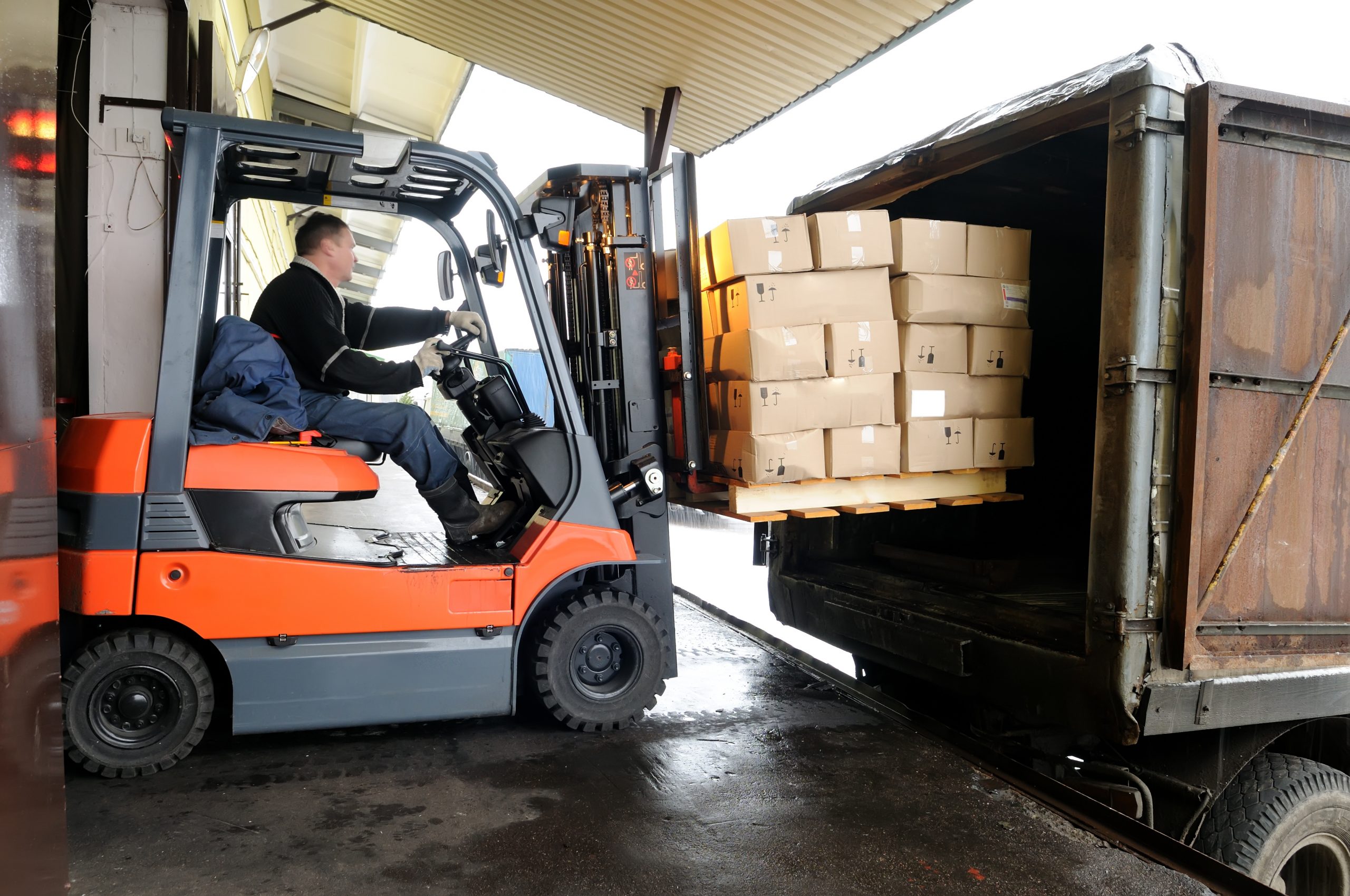Have you ever noticed that adulthood is just a constant loop of you asking yourself, “Where did my money go?” No? Still, if you notice some extra charges on your freight invoice, you’re going to want to know why.
An accessorial charge may be added to your bill for services that go beyond normal pickup and delivery. Here are five of the most common accessorial charges you might face.
- Lumper or unloading fee: You may have to pay this fee if a person at the receiving facility helped unload the truck. The people who perform this service are called lumpers, hence the term lumper fee. The price of this fee can vary greatly, so in order to be best prepared, you may want to speak with the receiver in advance to know what you’ll be paying. In some instances, the driver may unload the truck and charge a fee, but some receivers do not allow driver unloads, so don’t count on this.
- Pallet Fees: If a load requires pallets and the carrier has to purchase them in order to move the shipment, they may in turn charge you the cost of the pallets used. The cost of this fee, therefore, will depend on how much the carrier had to pay for the pallets.
- Fuel Surcharge: The purpose of a fuel surcharge is to anticipate how much the carrier will have to spend on fuel. It is set by the Department of Energy and relates to the price of fuel in that area at the time of the shipment.
- Detention/Layover: The carrier may charge you for this if they are forced to wait too long at a shipping or receiving facility. Typically, shippers and receivers have three hours from the appointment time to service the driver for no additional cost. Detention, then, refers to when the driver has been waiting longer than three hours. Layover specifically pertains to waits of greater than 24 hours. So, for example, if the appointment time is 4:00 p.m., and the driver is forced to wait until 7:30 p.m., there would be a detention charge. If they have to wait until 4:30 p.m. the following day, you’ll be charged for layover. Detention fees are usually $40-$50 per hour, whereas layover fees are one-time and would probably be around $200-250. For tips on how you can minimize detention, read our article here.
- Gate fee: Some shipping and receiving facilities may charge you to enter the location. A charge like this will normally fall around $25. Unfortunately, you cannot avoid these fees without choosing a different facility, but as with lumper fees, you can at least be aware of these charges by talking to the facility first.
This is by no means a comprehensive list of accessorial charges, but it should help you understand charges you’re highly likely to encounter in our industry. Plus, if you choose RTS as your 3PL, we are happy to help you make sense of additional charges—our Accounting Team is experienced and well-equipped to answer customer inquiries.

